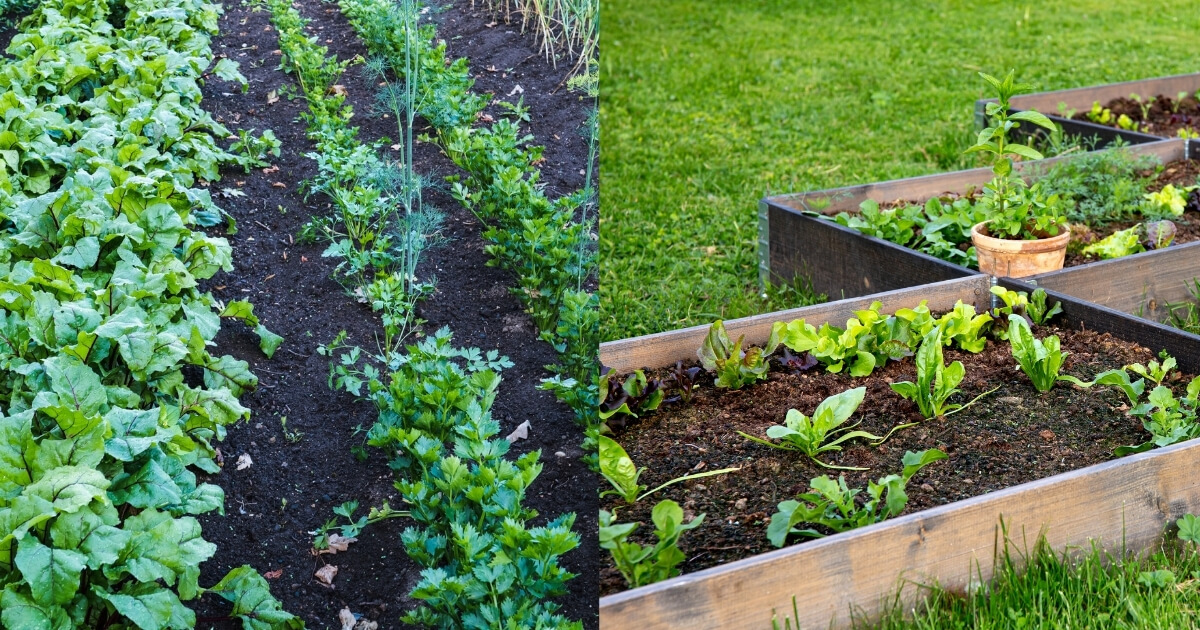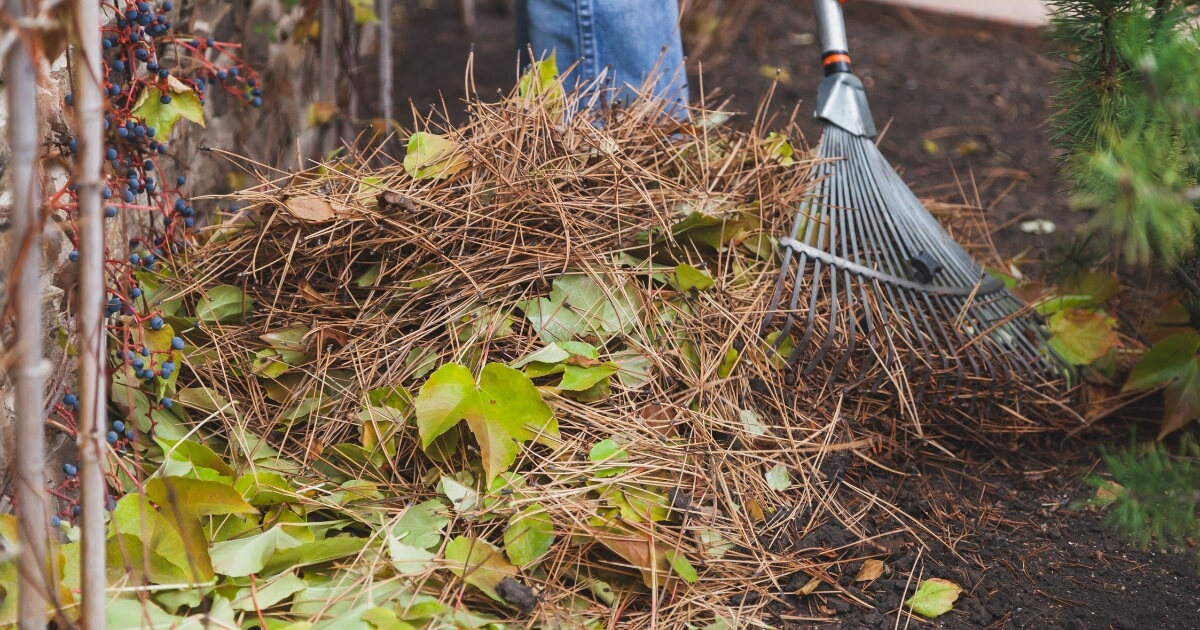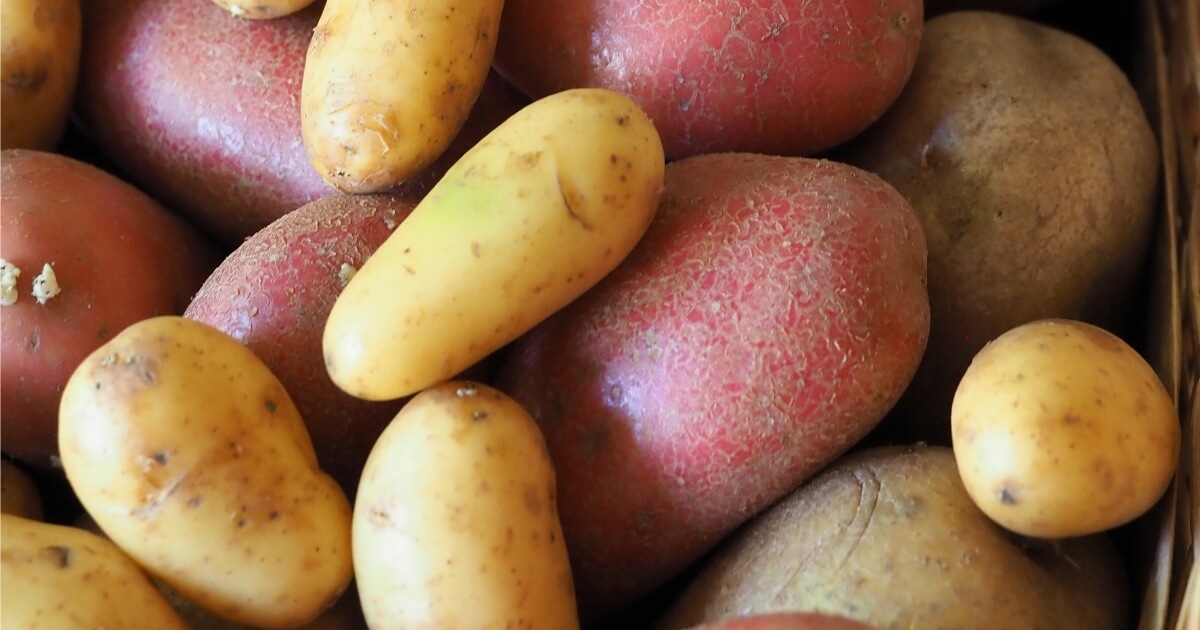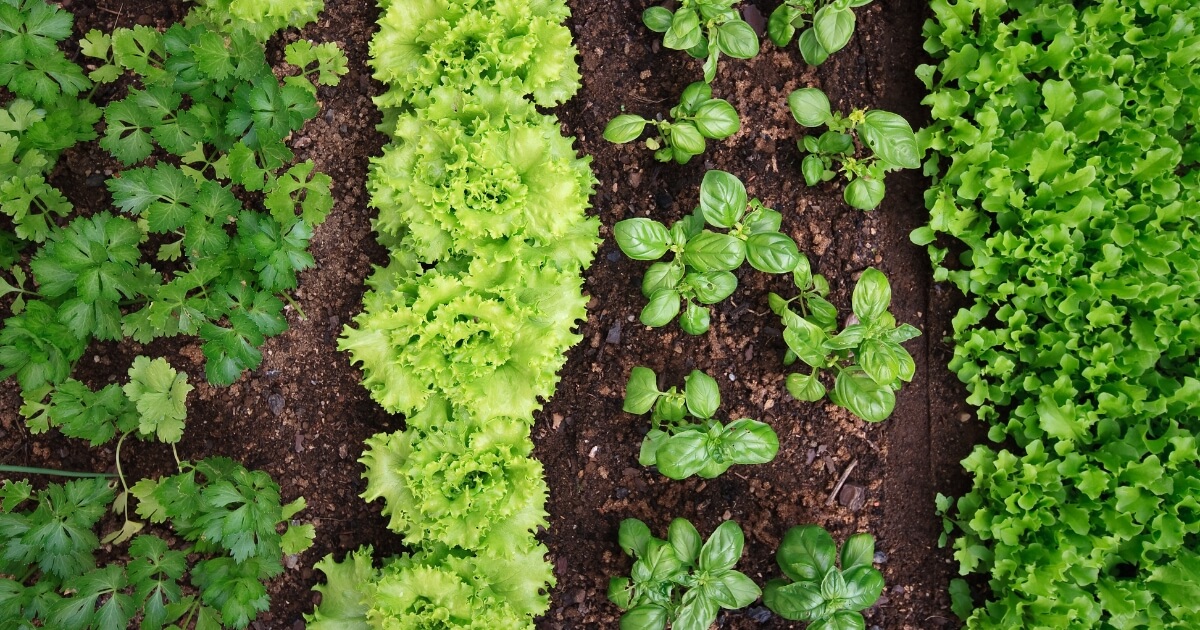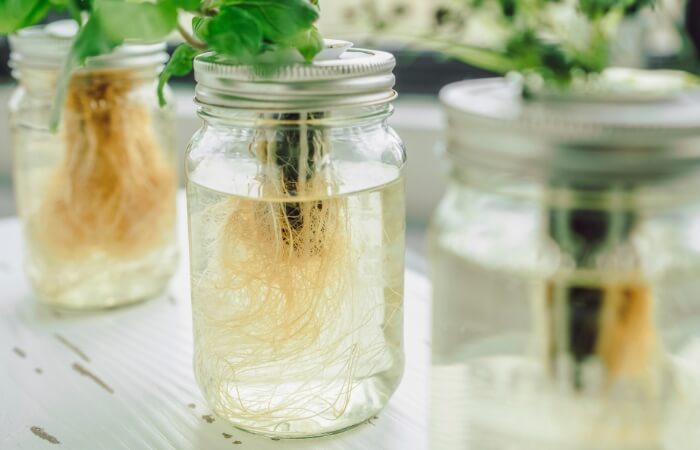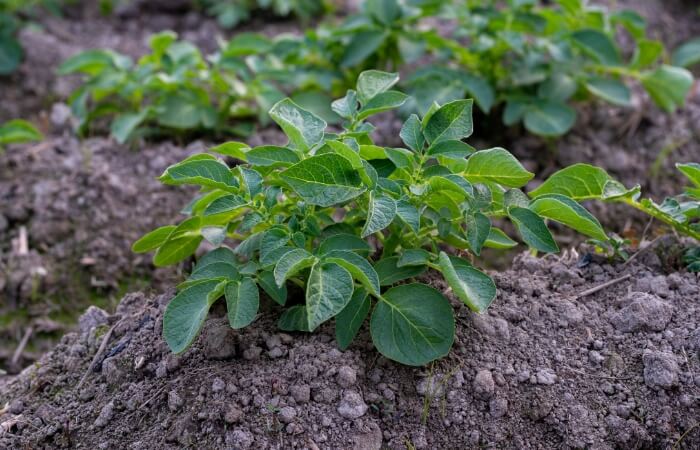Is it safe to give plants sugar water to help them grow?
Adding sugar water directly to plants may provide a short-term boost, but studies show too much can cause failure to thrive.
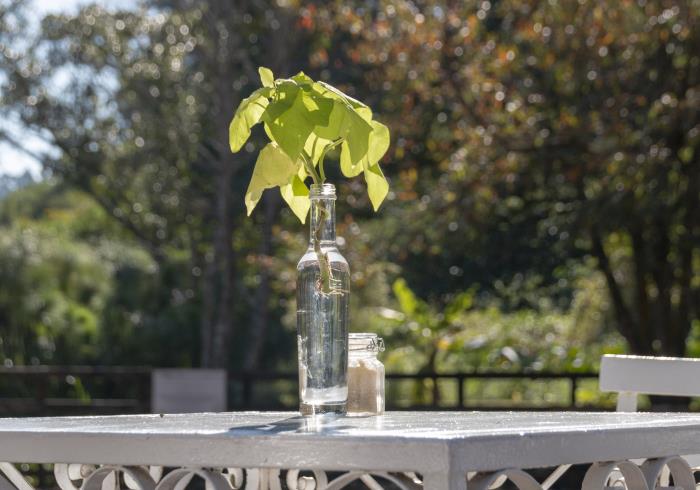
To help you decide whether to use sugar water, I put all the necessary details in this guide where I explain:
- Sugar’s role in plant lifecycle
- If sugar water helps plant growth
- How to create sugar water
- Pros and cons of using sugar water
Once you have all the information, you can decide for yourself if sugar water will become a part of your gardening routine.
Why Is Sugar Important For Plants?
Plants create sugar through photosynthesis where it uses the hydrogen from water and the carbon they pull from the carbon dioxide in the air.
The energy from sugar supports a plant’s transpiration and respiration, which every plant needs to live. In a nutshell, sugar is what plants need to grow from seed and sprout foliage, especially when transitioning during the early growth stages into a mature plant.
Sugar is a key when a plant forms cellulose, the fibrous material in plant cell walls that create the structure that holds leaves and stems erect.
Plants can transform glucose, a simple sugar, into the more complex starchy sugar that keeps a plant running during the dark hours when photosynthesis cannot occur. Starchy sugar is also necessary to form new cell walls and tissues.
Lastly, sugar levels in a plant provide the “trigger” that tells a plant when it’s time to flower.
The process of using sugar to grow or flower is known as respiration, where the plant burns up the sugar as energy either with or without sunlight being present.
Transpiration is when sugar created within the plant mixes with water pulled from the soil through the root system. The sugar and water mixture moves upward through the plant to distribute the energy, and the water finally evaporates through the leaves’ surface.
Without enough water, the plant cannot process and deliver the sugar energy through the plant so it can survive.
Related | How Often To Water Seedlings
Does Sugar Water Help Plants Grow?
Sugar water can help some plants grow, but probably not in the way you think.
Humans can swallow a sugary drink and have a momentary burst of energy, but plant root systems cannot directly take up sugar from the soil.
What does happen is the sugar provides energy to the beneficial soil microbes that then break down even more organic material in the soil, which then feeds the plant.
The healthier your plant is via more nutrients, the easier the plant can form the sugars it needs internally, which means your plant will look lusher and grow faster. Plants also naturally regulate sugar production to suit the needs of their developmental stages.
Another reason people may see an improvement with plants they apply sugar water to is that the plant was lacking water in general, so any additional moisture is helpful.
Caution: When Not To Use Sugar Water
When a plant is growing correctly, it means it’s producing all the sugar it needs from the nutrients and water the roots draw from the ground.
Introducing extra sugar to the soil at this stage can often have the opposite of your intended effect. If the plant looks good, leave it alone!
Too much sugar can choke off the roots, so they have difficulty drawing up water. No water equals plant death.
Signs that you are using too much sugar water on plants are:
- Yellowing leaves
- Wilting
- Sparse or lack of blooms
How To Give Sugar Water To Plants
If you want to give sugar water a try for your plants, follow this recipe:
- Add 32 ounces of water to a pot
- Set pot on stove and bring to a boil
- Pour in 1/4 cup of brown sugar
- Mix until the sugar is dissolved
- Remove from heat and let cool to room temperature
- Water your plants with the mixture
If you use sugar water on your plants, I suggest you only do so once every one to two weeks. Water in between with plain to keep sugar levels in the soil safe.
Brown sugar seems to provide better results than white sugar, while other people prefer to use molasses.
I also suggest the best time to use sugar water on plants is during the seedling and juvenile stages, where the plant can quickly utilize the extra nutrients in the soil for growth.
If making your own sugar water is a hassle, try a commercial sugar-boost product for plants you dilute with water as you need it.
Pros And Cons Of Sugar Water For Plants
Scientific studies on the effects of using sugar water on plants are mostly from grade-school science fair projects.
Most gardeners hear of this method through word-of-mouth as a “plant growth hack” from other novice growers and not garden experts.
You can expect the following positive and negative effects of sugar water on plants:
Pros:
- Easy to make at home quickly
- Provides energy for soil microbes to process organic matter
- Can give young plants the boost they need during stressful development stages
Cons:
- Does not provide direct-to-root plant uptake of sugar
- Too much sugar in the soil can cause a reverse osmosis condition, where the plant pulls water from the leaves and roots because the concentrate in soil moisture is too “heavy” for roots to absorb it
- Not as effective on mature plants
Using sugar water as a gardening technique is a good option only when you see certain plants are having difficulties, and other options have failed. Always offset sugar water applications with those of plain water to keep possible issues to a minimum.
In Summary
I think it can’t hurt to try a dose of sugar water when in a pinch, but the best way to keep your plants happy and healthy is to provide plenty of sunlight, water, and nutrients.
Now you have all the facts to decide for yourself if sugar water good for plants or if it is best to pass on this gardening tip.

